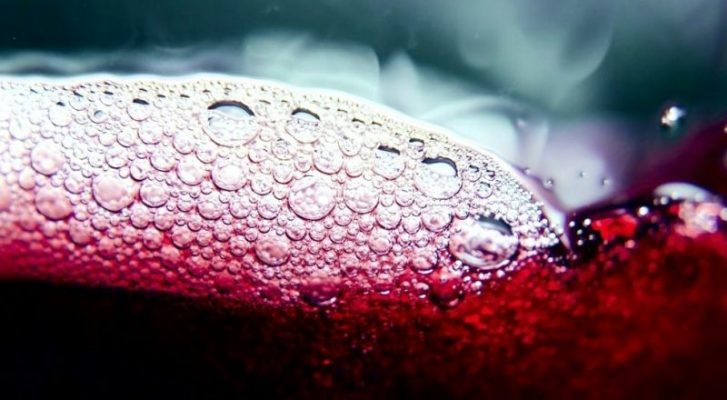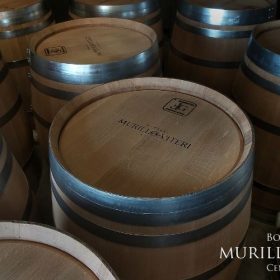What Are Sulphites in Wine? Everything You Need to Know
If you’ve ever seen the label “contains sulphites” on a wine bottle, you might have wondered what it really means. Let’s explore the role of sulphites in winemaking and why they’re important.
🍷 What Are Sulphites?
Sulphites, also known as sulphur dioxide (SO2), are chemical compounds widely used as preservatives due to their antioxidant and antibacterial properties. They’ve been essential in winemaking for over 2,000 years—dating back to Roman times, when sulphur was burned near wine barrels to prevent spoilage.
Today, sulphites are also common in foods like mustard, jam, cereals, canned fruit, frozen fish, and yoghurt.
🌾 Sulphur in the Vineyard and the Cellar
Sulphur isn’t just used during winemaking. In viticulture, it’s applied in controlled doses to combat fungi and pests. On sunny days, the sulphur particles on the vines convert into sulphur dioxide, acting as a natural protection.
In wineries, SO2 is used for cleaning barrels and preventing mould growth between rackings. Its functions include:
- Acting as an antioxidant
- Serving as an antimicrobial and antiseptic
- Facilitating maceration between solids and liquids in the must
⚗️ Do All Wines Contain Sulphites?
Yes. Sulphites occur naturally during alcoholic fermentation as yeasts metabolise sugars. Even if no sulphur dioxide is added, small amounts will be present in any wine.
However, winemakers can adjust SO2 levels depending on the desired stability and flavour profile of the wine.
📃 Sulphite-Free Wine: Is It Possible?
Wines labelled as “organic,” “natural,” or “biodynamic” often avoid adding extra sulphites. These wines accept a shorter shelf life in favour of a more pure, unaltered expression of the grape.
Still, it’s impossible to make a wine with zero sulphites. The fermentation process naturally generates some.
⚡ Are Sulphites Dangerous?
For most people, sulphites are harmless. However, some may be sensitive to high levels, experiencing mild reactions. Because of this, regulations require that any wine containing more than 10 mg/l of sulphites must be labelled accordingly.
🔎 Key Takeaways
- Sulphites preserve wine and enhance flavour stability.
- All wines contain some sulphites, either naturally or added.
- Organic and natural wines limit or avoid added SO2.
- Sulphite sensitivity is rare but regulated on labels for transparency.
Next time you see “contains sulphites,” you’ll know it’s part of the winemaking heritage that keeps your wine fresh and safe to enjoy.








 Deutsch
Deutsch Français
Français Italiano
Italiano Nederlandse
Nederlandse